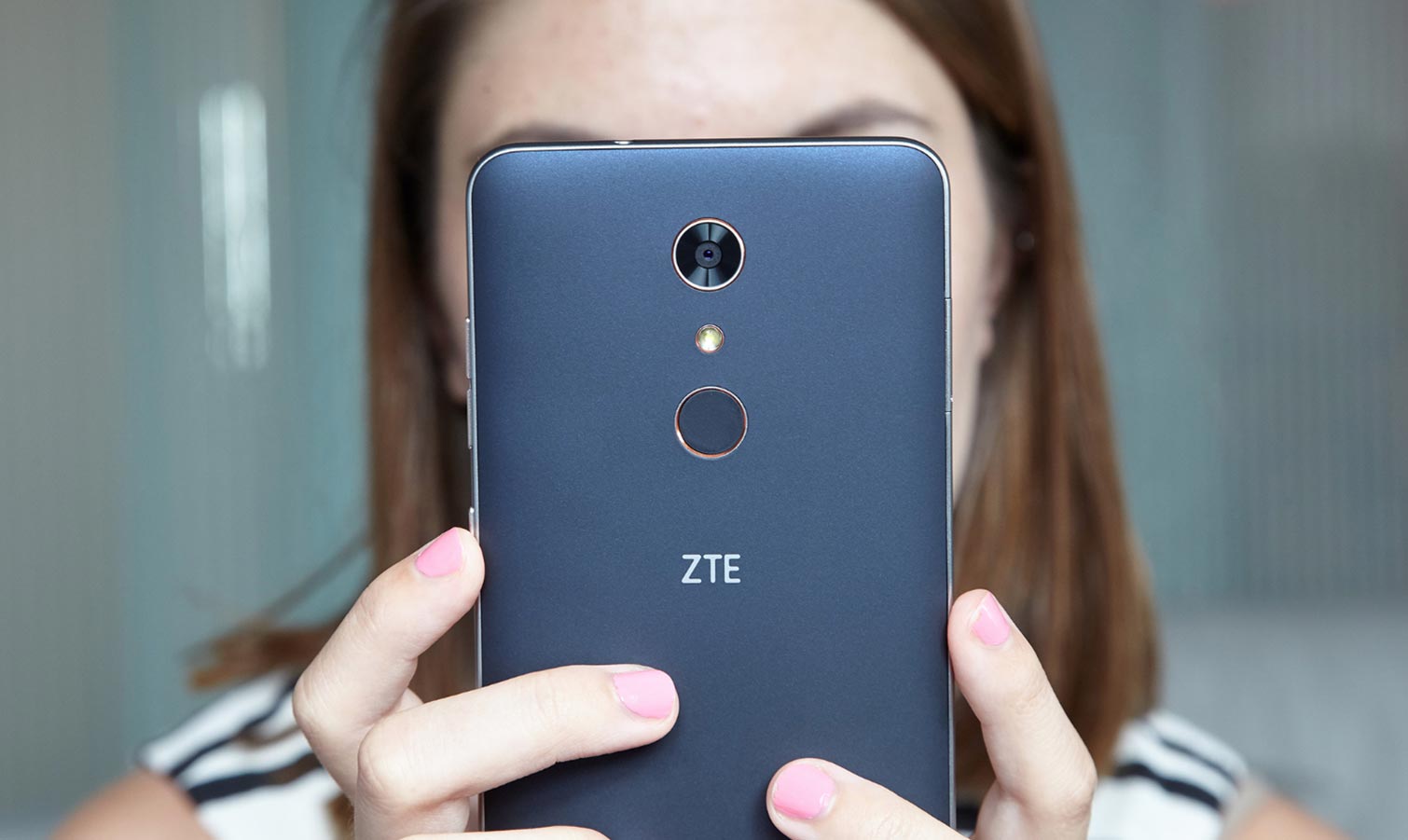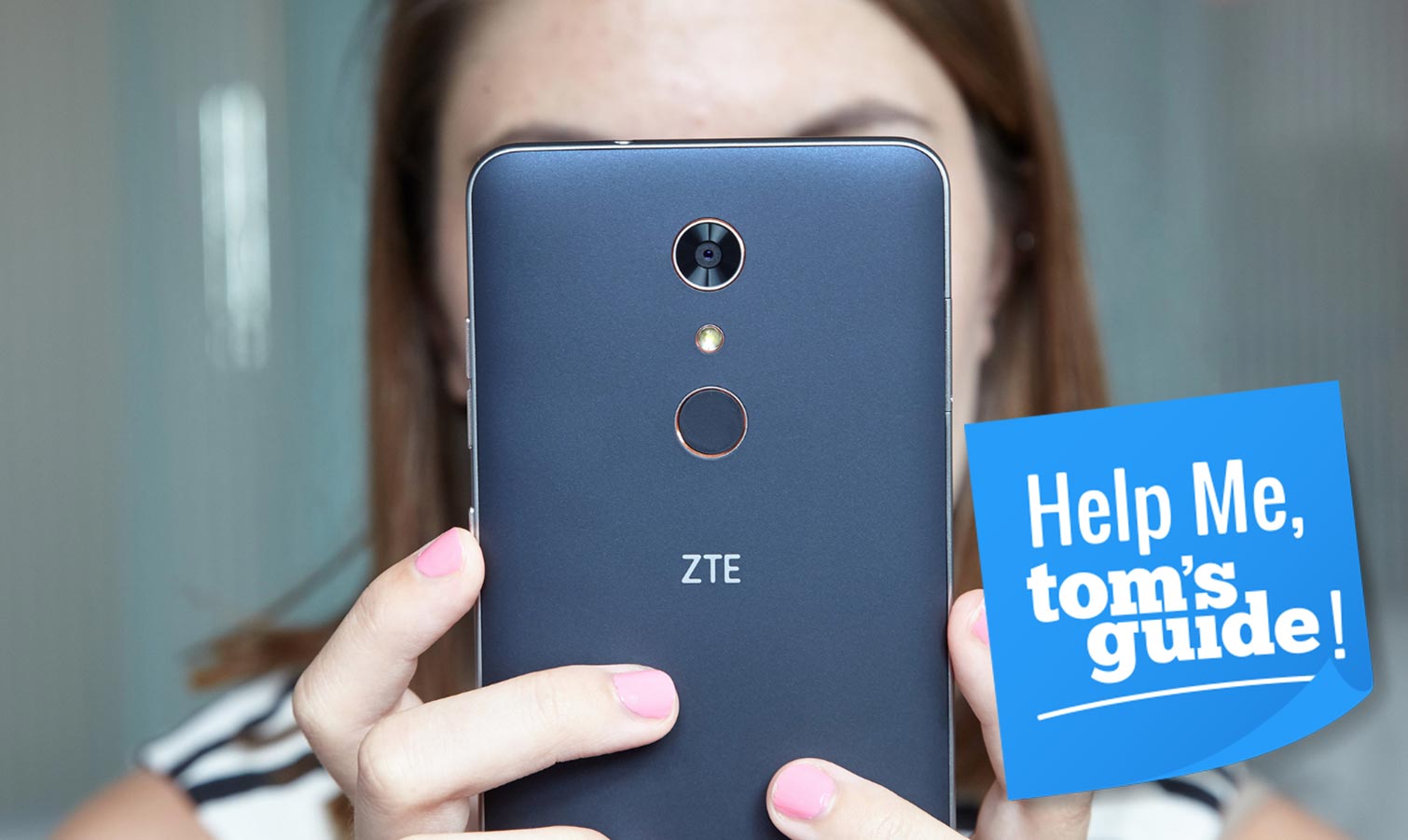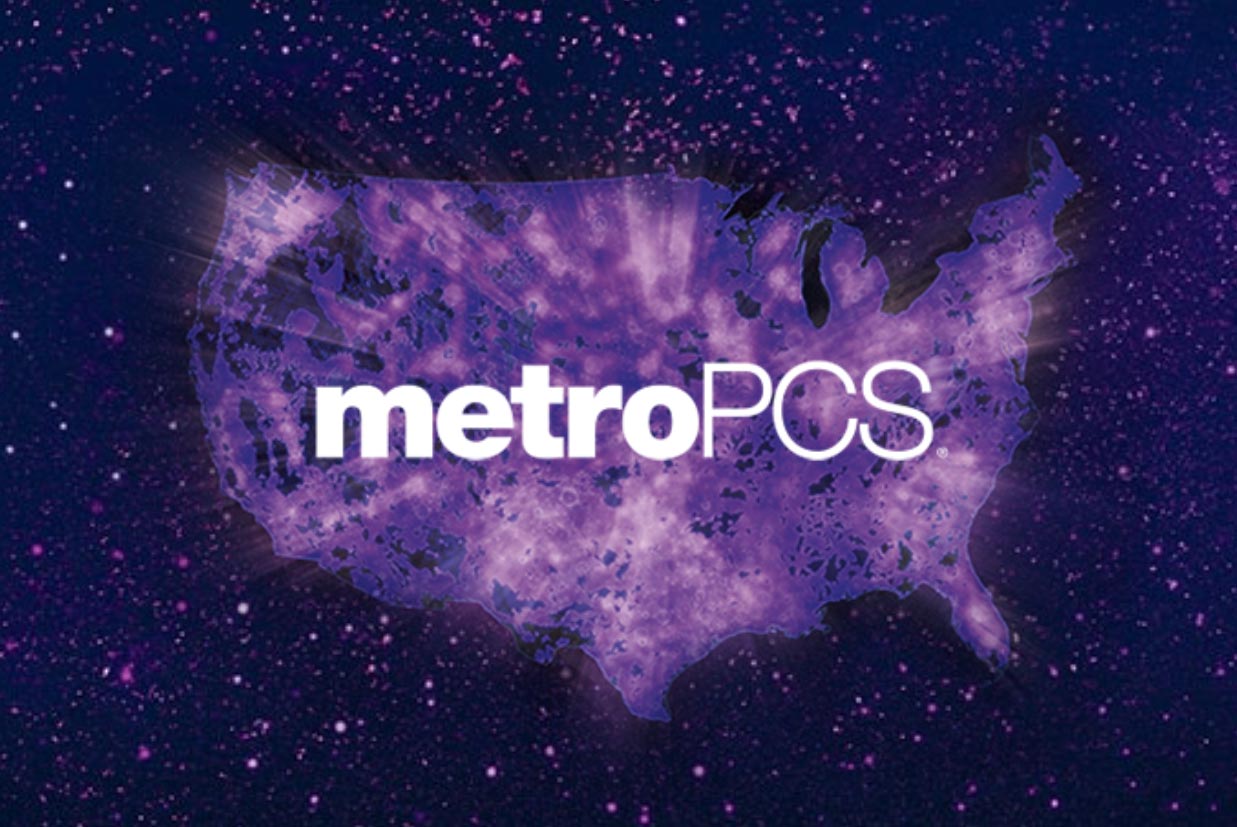Help Me, Tom's Guide: Should I Switch from MetroPCS to Straight Talk?
Yes, you can move your phone from MetroPCS' wireless service to Straight Talk's. But is that your best choice?


The grass is sometimes greener on the other side of the fence. For Tom's Guide forum user Celexstm, it's looking awfully green over at wireless carrier Straight Talk. Celexstm asks:
"Could I switch my Metro[PCS] phone to Straight Talk?"
The short answer is that you certainly could. The longer answer is that "could" and "should" don't always sync up.
Let's tackle the "could" part of this dilemma first. Straight Talk sells SIM cards and uses a mix of other cellular providers' networks for its wireless service. As such, there's nothing preventing a phone that works on the GSM-based T-Mobile network (which MetroPCS uses) from connecting to Straight Talk. The phone will need to be unlocked, however.

Let's assume that Celexstm bought the phone in question through MetroPCS. The carrier's unlocking policy lists more than a dozen devices that you can unlock on your own with an automated app. For all other phones, you simply contact MetroPCS customer support, or head to a retail store to request an unlock code.
Straight Talk can confirm that your phone will work on its network. Using the carrier's compatibility checker, you can enter your device's IMEI number to make sure that it works with Straight Talk. You'll find your phone's IMEI number in the Settings app, either under About This Phone (for most Android devices) or General > About (for iPhones). If prompted to select a compatible carrier, choose "T-Mobile compatible."
From there, you'll order a $1 SIM card — again, you'll want to select "T-Mobile compatible" — and select a Straight Talk data plan. Plans start at $35 a month for 2GB of LTE data. You'll pay $45 a month for a 10GB plan, or $55 for unlimited data. If you want to add unlimited mobile-to-mobile calls to Mexico, China, Canada and India to the 10GB plans, that brings the total cost to $60 a month. You can also knock $1 off each plan by enrolling in autopay.
MORE: And the Best Mobile (4G) Network In the U.S. Is...
Get instant access to breaking news, the hottest reviews, great deals and helpful tips.
But should you do all this? In our current wireless carrier rankings, MetroPCS is the top-rated prepaid service, besting even Big Four carrier Sprint; Straight Talk, on the other hand, brings up the rear in our rankings.
Network performance plays a big factor in that gap. Because MetroPCS uses T-Mobile's network, it benefits from the Uncarrier's fast LTE. MetroPCS finished right alongside T-Mobile the last time we tested LTE speed. Straight Talk finished last in those same tests.
In terms of monthly prepaid plans, MetroPCS' offerings are generally more attractive than Straight Talk's. The same 2GB of LTE data that costs you $35 a month at Straight Talk will run you $5 less at MetroPCS. The same goes for unlimited data, which starts at $50 a month at MetroPCS. Straight Talk's one edge over MetroPCS is if you need to take advantage of international calling features, particularly to China or India. MetroPCS's international options aren't as generous.
Even on one of MetroPCS' weaker attributes — customer service — Straight Talk fares worse. MetroPCS finished seventh in our most recent ranking of wireless providers' customer service efforts; Straight Talk finished dead last.
MORE: Cellphone Carriers: Best and Worst Customer Service
Let's assume, though, you're not enamored with MetroPCS' service. You do have other options outside of Straight Talk. Boost Mobile may rely on Sprint's slower network, but its plans are more attractively priced than Straight Talk's: Unlimited data costs $5 less at Boost, and you can get an extra gigabyte of LTE data for $35 a month. What's more, Boost offered good customer service in our experience.
If saving money is your ultimate goal, consider the several low-cost options under $40 a month. One of the better values comes from Republic Wireless, which charges $15 a month for unlimited talk and text plus $5 for each gigabyte of data you use. Keep your data usage down to 2GB per month, and you pay $25. Since Republic defaults to Wi-Fi for text, talk and data when available, you won't consume as much LTE data, and when you do need a cellular connection, you'll jump between Sprint's and T-Mobile's networks.
Credit: Tom's Guide
Philip Michaels is a Managing Editor at Tom's Guide. He's been covering personal technology since 1999 and was in the building when Steve Jobs showed off the iPhone for the first time. He's been evaluating smartphones since that first iPhone debuted in 2007, and he's been following phone carriers and smartphone plans since 2015. He has strong opinions about Apple, the Oakland Athletics, old movies and proper butchery techniques. Follow him at @PhilipMichaels.
-
richardkaplan917 T-Mobile offers $30 a month unlimited everything if you use autopay and are over 55.Reply

